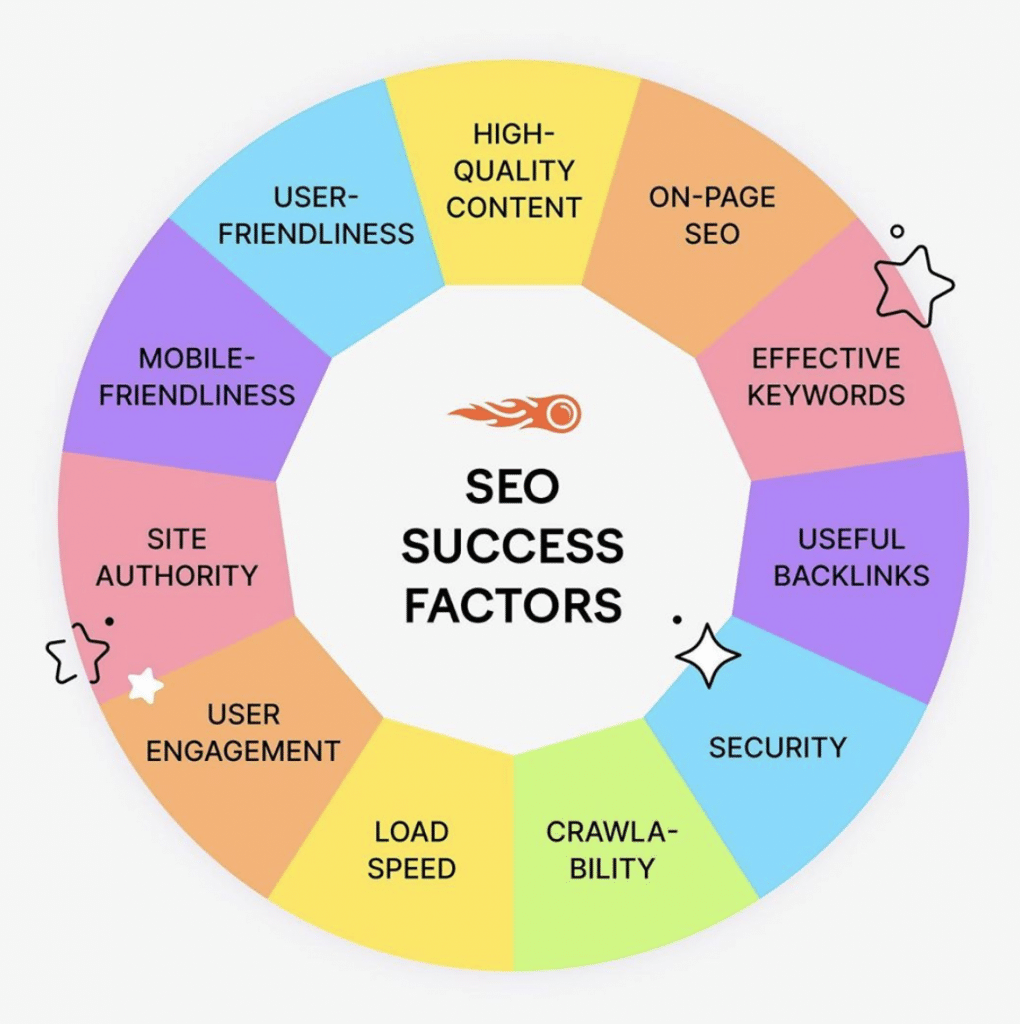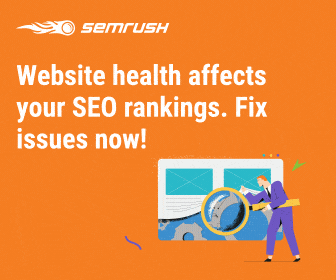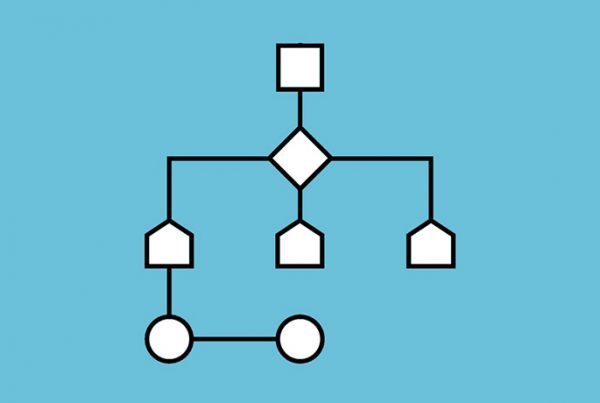8 SUCCESS FACTORS FOR SEARCH ENGIN OPTIMIZATION THAT STILL MATTER

🚀 High-Quality Content
Your main goal is to deliver value to your readers. To start, ensure every page includes at least 300 words of original content. Content should be broken into shorter chunks, for instance, with H2 subheadings, so it’s easy to scan.
While it is strongly recommended and data shows that long-form content tends to rank better, you can still knock out a lot of short-form content in the form of 300 words and still build traffic.
🚀 On-Page SEO
Content doesn’t just need to be high-quality. It also needs to be optimized for search engines. Start with this basic checklist for on-page SEO:
— Choose one primary keyword for the page and 3-4 related ones.
— Include the primary keyword in your URL, title tag, meta description, and H1.
— Make sure internal links use effective anchor text.
— Include at least one image.
This goes back to the key basics of SEO 101. There’s been so much noise over the last few years that the basics get left behind and sometimes, believe it or not, forgotten. STICK TO THE BASICS. STICK TO THE BASICS.
🚀 Effective Keywords
Your content should include target keywords—basically, what words or phrases users might look for that would ideally lead them to your page. Keywords tell the search engine what your page is about.
With semantic smart algorithms, the engine knows the topic of the article and you can rank, but targeting effective keywords still matters, and it matters big time. Include them in titles, tags, content, etc.
🚀 Useful Backlinks
These are links on other websites that direct people to your site. When your site is consistently referred to by other quality websites, Google recognizes that it’s trusted. Such backlinks are even more useful if the linking website is trustworthy.
To me, this is still the strongest signal to the algorithm that the content has authority. Think of links as influencers. If no one with real influence is linking back to your website / page, Google will consider others that those with influence link to. Always strive hard to get good quality links. It’s all about quality, not quantity.
🚀 Security
To ensure your website is secure, use HTTPS encryption. This gives your site SSL certificates, creating a secure connection between your platform and your end-users and protects information that the users might provide to the site, such as passwords.
🚀 Crawlability
Crawlability ensures that search engines can find your site. Make it as easy as possible for search engine bots to crawl, index, and understand the type of content you provide.
🚀 Load Speed
Top-ranking Google sites average a load time of fewer than 3 seconds. According to Google webmasters, Google aims for less than a half-second.
This has become a much stronger signal over the years because algorithms are considering experience in overall ranking signals. Take load page times seriously. Check with your team and developers to ensure you have a good load time. See the Google Page speed insights.
🚀 Mobile-Friendliness
You want to create a website that offers a user-friendly experience for both desktop and mobile users—aim for a responsive design, and nix text-blocking ads and pop-ups. Keep it simple.



